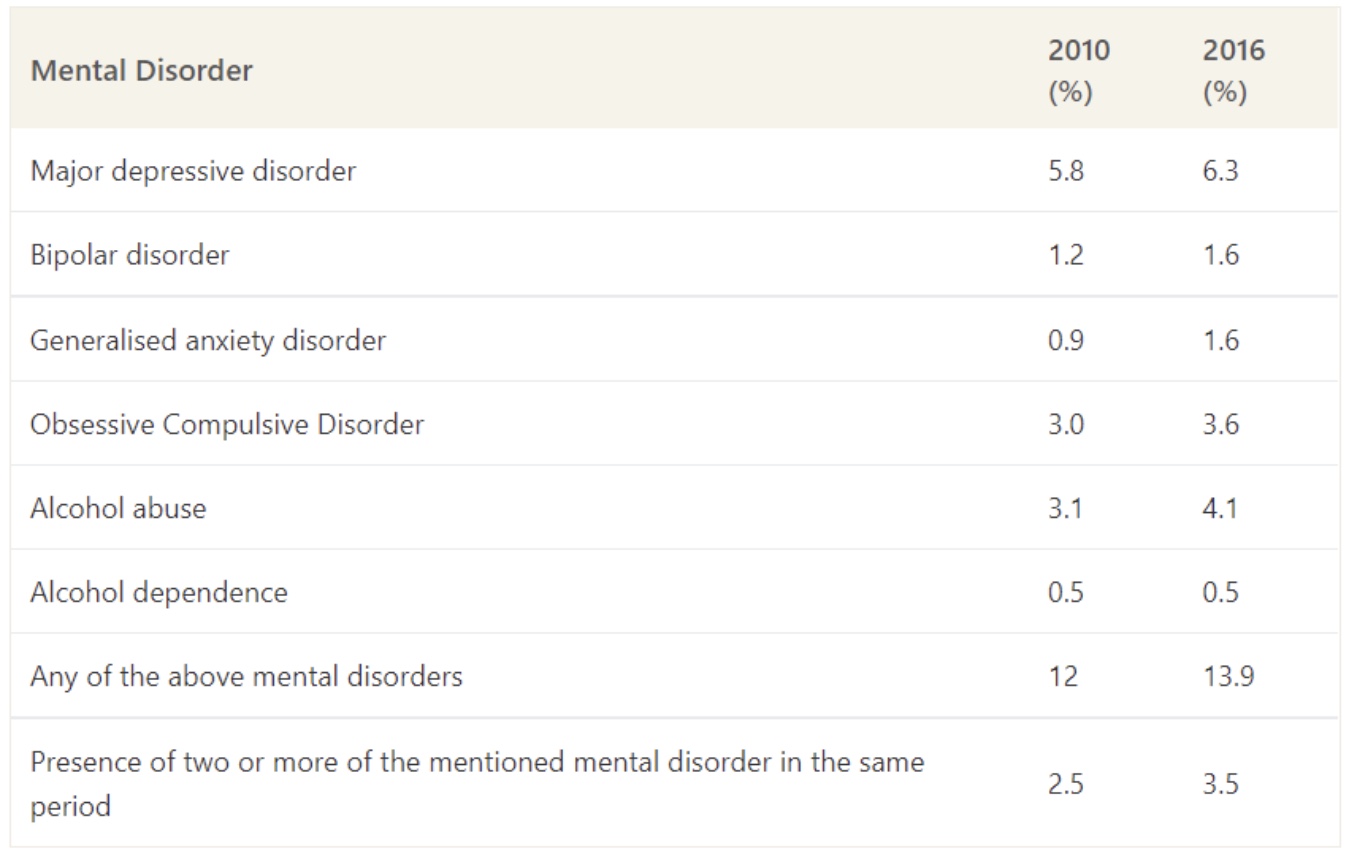Naomi Osaka, one of the world’s best-ranked tennis players, chose to prioritize mental health above the opportunity to compete at a critical tennis tournament. Here’s what startup founders can learn from Naomi’s bold decision.
 Many of us have seen the recent headlines featuring Naomi Osaka’s withdrawal from the French Open due to her mental health condition. Naomi’s decision led to an outpour of support worldwide and even triggered The International Tennis Federation to review how tennis players and media interact during tournaments. Mental health problems have been on the rise and those who work in fast-paced, high-stress environments such as startups can be at risk. Naomi’s withdrawal from the French Open may reveal some surprising lessons that startup entrepreneurs can learn.
Many of us have seen the recent headlines featuring Naomi Osaka’s withdrawal from the French Open due to her mental health condition. Naomi’s decision led to an outpour of support worldwide and even triggered The International Tennis Federation to review how tennis players and media interact during tournaments. Mental health problems have been on the rise and those who work in fast-paced, high-stress environments such as startups can be at risk. Naomi’s withdrawal from the French Open may reveal some surprising lessons that startup entrepreneurs can learn.
Find the balance between mental health and startup momentum
Today, more business leaders are aware that mental health impacts workplace productivity. As startup work culture can be fast-paced, always prioritizing business growth and moving the sales numbers upwards can lead to adverse effects on mental wellbeing. According to a research study, Singaporeans have one of the highest rates of major depressive disorder compared to eight other high-income nations. Statistics from the Institute of Mental Health (IMH) also reveal that mental disorders are on the rise in Singapore.
Lifetime prevalence of mental disorders in Singapore

Researchers from IMH claim that the increase in lifetime prevalence of people experiencing a mental disorder could be due to increased awareness of mental disorders and more sources of stress. Reportedly, more than three-quarters of the people with such conditions do not seek any form of professional help. While there are a handful of simple remedies to prevent mental health problems, here are four lessons from Naomi Osaka that can be applied to any startup work culture.
1. Learn to stand your ground and say “No”
Remember the last time someone asked for a favor and you wanted to say no but also felt the pressure to succumb to external demands? Did you stand your ground or did you go along to avoid confrontation? In our society where saying no might lead to a string of missed opportunities and repercussions, not many of us are brave enough to speak our mind.
As an entrepreneur, you might think that pushing yourself over the limit is the winning formula to grow your business. However, always saying yes may lead to increased physical and mental deterioration that can cost more money down the road. If there is one lesson to learn from Naomi’s encounter, it is her bravery to make choices based on her personal limits despite having to say no to more money-making opportunities. Fundamentally, knowing your stress limits and learning to say no is the key to maintaining work-life balance.
2. Set healthy boundaries
As American author Napoleon Hill once said: “You are the master of your destiny. You can influence, direct and control your own environment. You can make your life what you want it to be.” It’s better to set and control your own boundaries than to leave them in the hands of others. Setting boundaries is an important part of establishing one’s identity but it is also crucial for maintaining your business philosophy so that you can manage client expectations without overstretching your resources. Boundaries can be physical or emotional, and they should strike a balance between being overly rigid and too versatile. Healthy boundaries fall somewhere in between.
3. Stay humble and apologize
While saying no and setting boundaries are perfectly justifiable for self-protection, it should be done humbly and mindfully. Like Naomi, startup leaders should not be afraid to define their roles. But you should also be mindful that your actions may cause inconvenience to others. If so, be willing to face the situation humbly and apologize for any negative outcome. A quick review of Naomi’s tweet may present some valuable tips on how to do this graciously. Be truthful about your boundaries, be brave enough to own up to any shortcomings and limited abilities, sincerely apologize without reservation.
4. Focus on solutions at the right time
Naomi’s solution was recognizing her limits and putting a stop to her work so that she can regain mental wellness, what’s yours? All too often, the first thing we do in the face of a problem is to focus on the negative situation. This could mean overextending yourself to meet a client’s unreasonable demands or working past regular hours to meet deadlines. When you choose to focus on the problems instead of implementing workable solutions and processes with long-term benefits, you’re allowing the same problems to repeat themselves.
To turn failure into a gift and grow through stressful times instead of just casually going through them, you need to focus on resolving the underlying cause of those problems. Whether this means finding business loans or better credit facilities for your startup, or leveraging technology to handle tedious tasks, focusing on solutions at the right time can be a game-changer for you and your business.
Duckju (DJ) Kang is the founder and CEO of ValueChampion. He covers the financial services industry, consumer finance products, budgeting and investing. He previously worked at hedge funds such as Tiger Asia and Cadian Capital. He graduated from Yale University with a Bachelor of Arts degree in Economics with honors, Magna Cum Laude. His work has been featured on major international media such as CNBC, Bloomberg, CNN, the Straits Times, Today and more.
TechNode Global publishes contributions relevant to entrepreneurship and innovation. You may submit your own original or published contributions subject to editorial discretion.
How technology companies are pioneering the remote work revolution

